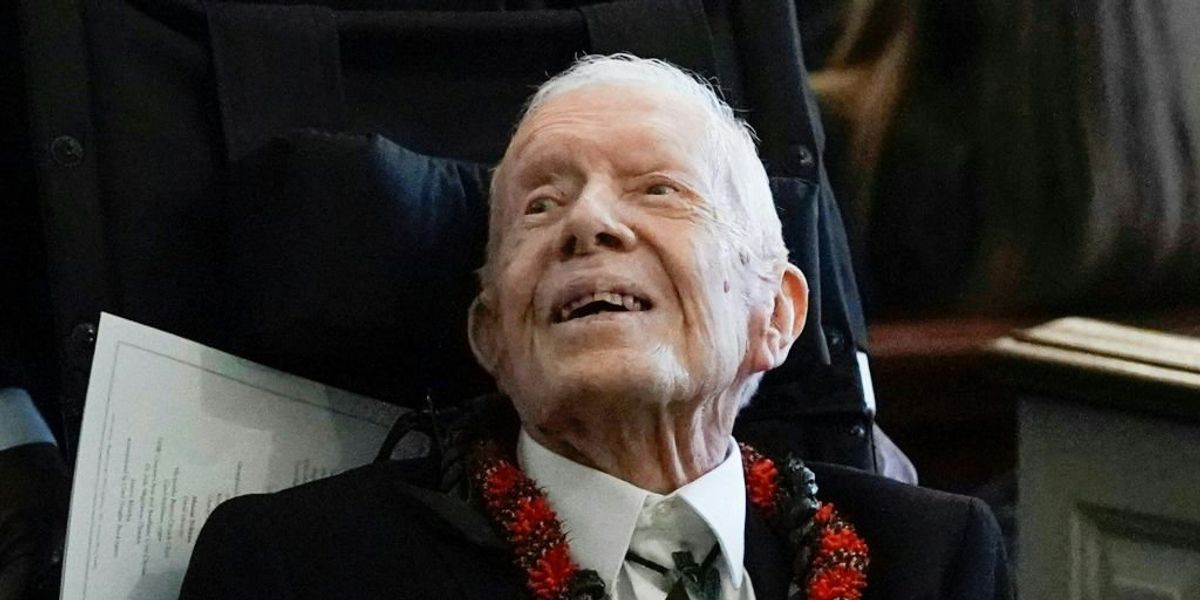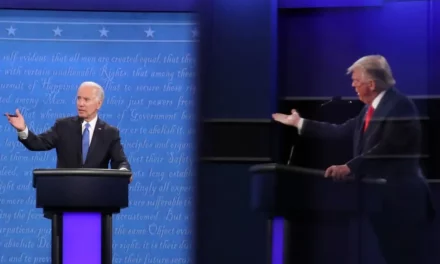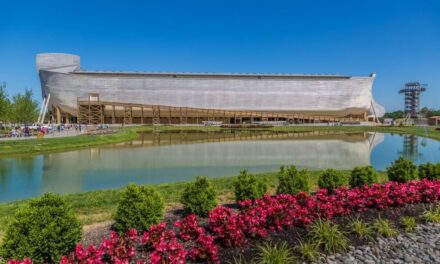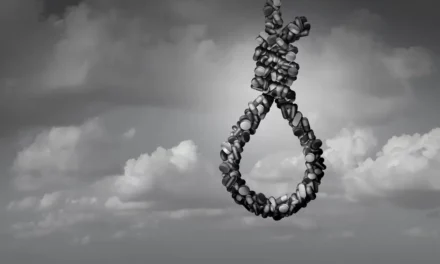We support our Publishers and Content Creators. You can view this story on their website by CLICKING HERE.

“You know Jimmy Carter only served one term he could run again,” posted one wag on X after Joe Biden’s dismal debate performance Thursday night. It’s a decent joke and also a good excuse to reconsider the legacy of our longest-lived president.
In “The Simpsons” fourth-season episode “Marge in Chains,” Mayor Quimby unveils a statue of Jimmy Carter in Springfield’s town square. “He’s history’s greatest monster!” shouts an outraged onlooker, and a riot ensues.
Substitute any other recent U.S. president, and the joke wouldn’t land nearly as well. Obama, Bush, Reagan, Clinton, the bad Orange Man: It’s easy to imagine any of these men inspiring such passion. But Jimmy Carter?
One reason for this is that his one-term presidency is widely regarded — fairly or not — as ineffective. Another reason, however, is the dignity and integrity with which he has lived his post-White House life. In the more than 30 years since that episode first aired, it is this that has come to define his legacy.
Until February 2023, when he entered hospice, Carter lived with his wife, Rosalynn, in Plains, Georgia, in the modest, two-bedroom ranch house he built himself in 1961. Five months later, they celebrated their 77th wedding anniversary (another presidential record, beating George and Barbara Bush by four years); Rosalynn died in November. Well into his 90s, Carter still wielded a hammer when helping build houses for Habitat for Humanity, with which he has been a forceful yet self-effacing advocate for affordable housing for almost four decades. The rest of his time, he spent on diplomacy and writing books. He will turn 100 in October.
Compared to his successors, who have parlayed their Oval Office stints into influence-enhancing foundation work, lucrative board memberships, and lavish media deals (not to mention impressive real-estate portfolios), Carter has clearly left a lot of money on the table. Bad business, perhaps; but also a powerful testament to the vanishing idea that, even in 2024 America, some things just aren’t for sale.

 Conservative
Conservative  Search
Search Trending
Trending Current News
Current News 







